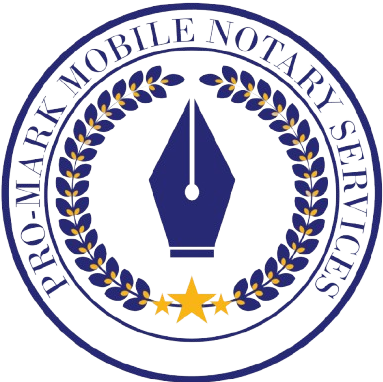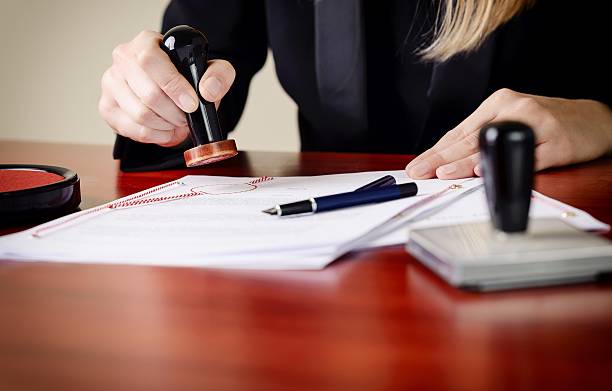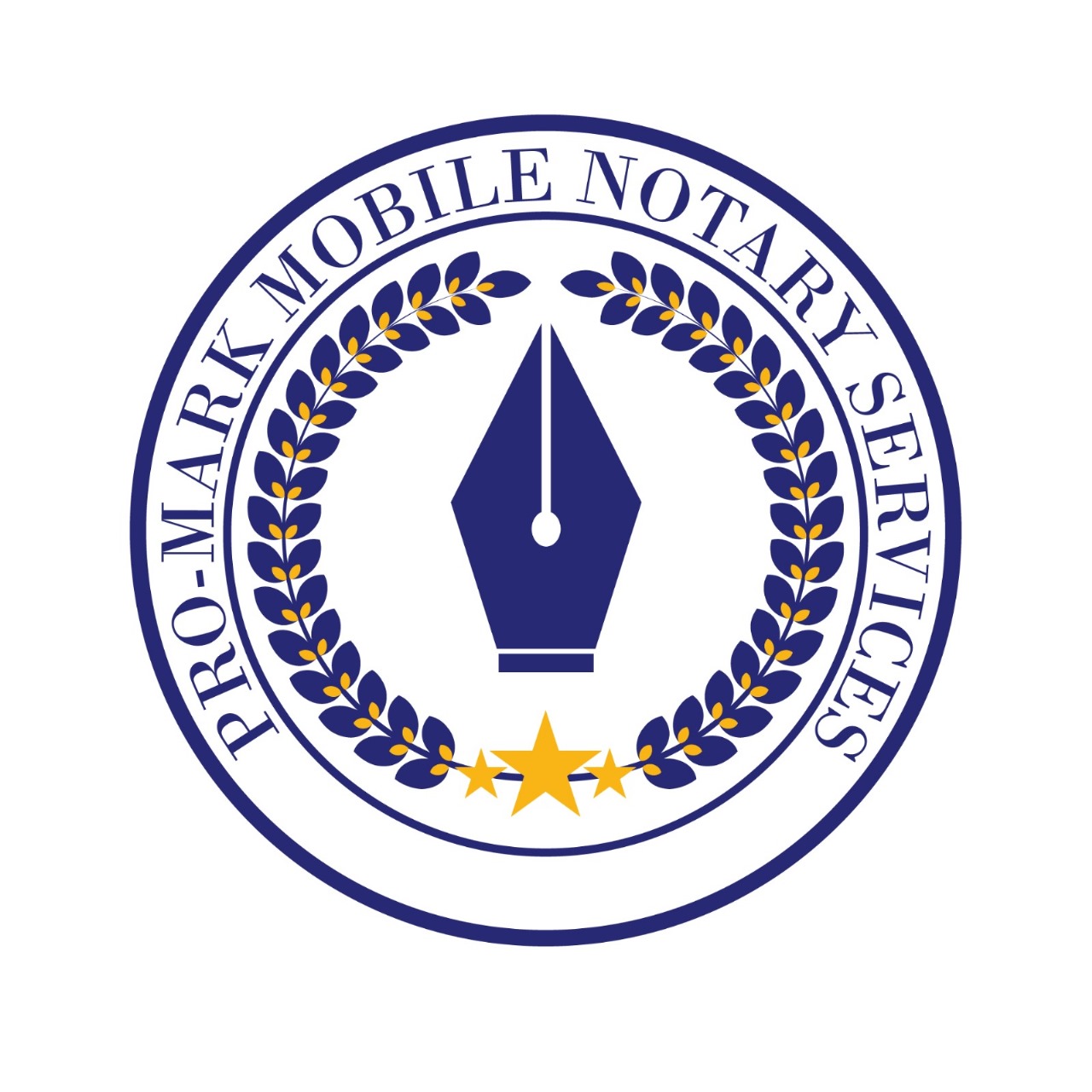Creating a last will and testament is one of the most important steps you can take to protect your legacy and ensure your loved ones are taken care of according to your wishes. It’s not just about dividing up property, it’s about making your intentions clear, reducing potential conflicts among heirs, and giving your family peace of mind during a difficult time. In Minnesota, like in most states, there are specific legal standards that must be met for a will to be recognized as valid. Failing to meet these requirements could result in delays during probate, or worse, the will being contested or thrown out entirely. One of the most frequently asked questions by individuals preparing their estate plan is whether they need to have their will notarized. While notarization isn’t technically required in Minnesota for a will to be legally binding, it can still play a significant role in how smoothly the probate process goes after death. Understanding the difference between a standard will and a “self-proving” will, which does require notarization, can save your loved ones time, money, and added stress.
If you’re unsure whether notarizing your will is the right choice for your situation, it may help to consult with a knowledgeable mobile notary professional who can walk you through the process and handle the paperwork with care and discretion.
📍 Pro-Mark Loan Signing Services LLC
📞 Call: 612-670-7651
📧 Email: [email protected]
Understanding Minnesota’s Will Requirements
In Minnesota, for a will to be considered valid, it must meet specific criteria:
- Written Document: The will must be in writing. Typed or printed wills are standard, while handwritten (holographic) wills are generally not recognized unless they were legally executed in another state.
- Signature: The testator (the person creating the will) must sign the document. If the testator is unable to sign, another individual can sign on their behalf in their presence and at their direction.
- Witnesses: At least two individuals must witness the signing of the will. These witnesses should also sign the document to affirm its authenticity.
It’s important to note that while notarization is not a requirement for a will to be valid in Minnesota, it can offer additional benefits.
The Role of Notarization in Minnesota Wills
Although notarization isn’t mandatory, Minnesota law allows for a will to be made “self-proving.” A self-proving will includes affidavits from the testator and witnesses, sworn before a notary public, confirming the authenticity of the will. This process can streamline the probate proceedings by eliminating the need for witnesses to testify in court about the will’s validity.
Benefits of a self-proving will include:
- Efficiency: Speeds up the probate process by reducing court requirements.
- Credibility: Adds an extra layer of assurance regarding the will’s authenticity.
- Convenience: Minimizes the burden on witnesses, who might otherwise need to appear in court.
Steps to Make Your Will Self-Proving
To create a self-proving will in Minnesota:
- Prepare Your Will: Ensure it’s in writing and outlines your wishes clearly.
- Sign in the Presence of Witnesses: Sign the will in front of at least two competent witnesses.
- Affidavit Signing: You and your witnesses sign affidavits before a notary public, affirming the will’s validity.
- Attach Affidavits: These notarized affidavits are then attached to the will, making it self-proving.
This process can be completed at the time of the will’s execution or added later.
Importance of Proper Execution
Proper execution of your will is more than just a legal formality—it’s a key part of safeguarding your legacy. When done correctly, it ensures that your property, savings, and personal belongings are passed on exactly as you intended. This not only helps your wishes carry forward with clarity but also significantly reduces the risk of family disputes or challenges during probate. Especially in emotionally charged times, having a clearly outlined and legally sound will can prevent confusion and disagreements that could otherwise lead to strained relationships or costly legal battles. If you’re considering making your will self-proving but aren’t sure how to proceed, a trusted mobile notary can guide you through the process and come to you—whether you’re at home, the office, or elsewhere.
📍 Pro-Mark Loan Signing Services LLC
📞 Call: 612-670-7651
📧 Email: [email protected]
Frequently Asked Questions
Q1: Is notarization required for a will to be valid in Minnesota?
A1: No, notarization is not required. However, notarizing your will can make it self-proving, which simplifies the probate process.
Q2: Can I notarize my will after it’s been signed and witnessed?
A2: Yes, you can add a self-proving affidavit at any time by having you and your witnesses sign it before a notary public.
Q3: Who can serve as witnesses to my will?
A3: Any competent adult can serve as a witness. It’s advisable to choose individuals who are not beneficiaries to avoid potential conflicts of interest.


